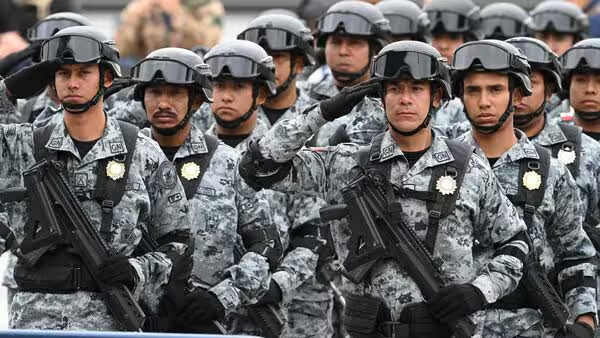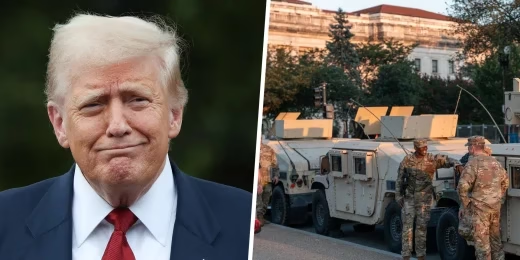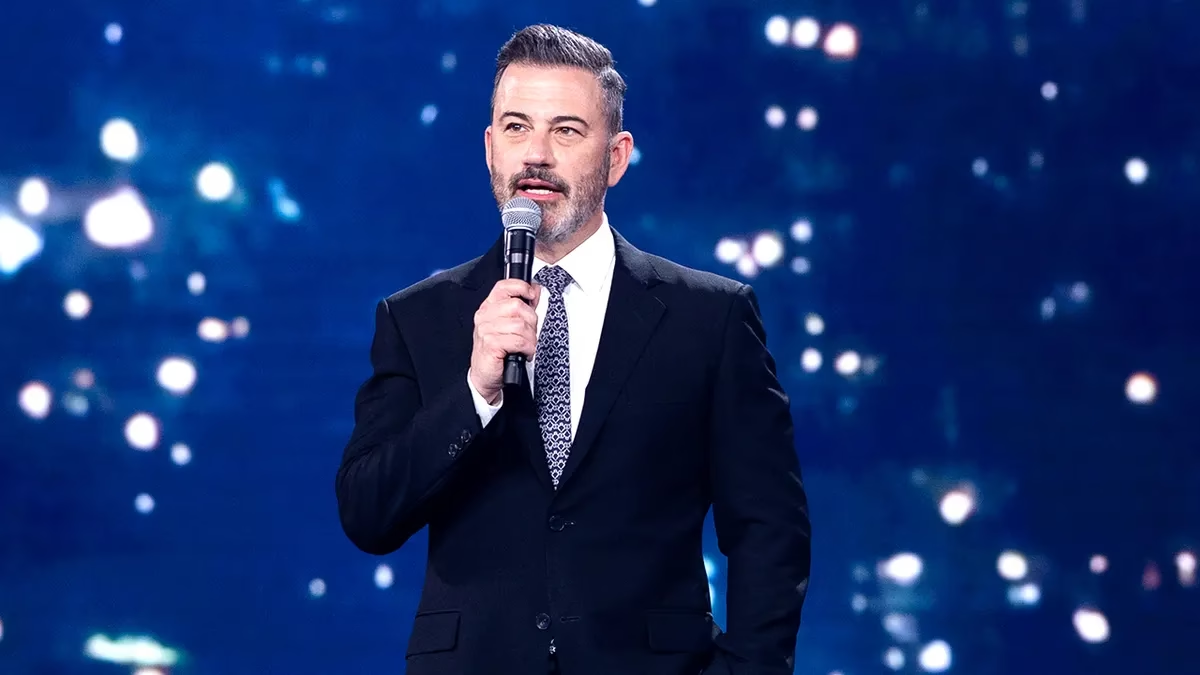
The U.S. capital saw an extraordinary turn of events on Monday as the National Guard took operational control of Washington DC under orders from President Donald Trump. The move, which comes amid heightened political tensions and rising security concerns, marks one of the most direct exercises of federal authority in the city’s recent history.
The decision has sparked fierce debate about presidential power, the role of the military in domestic governance, and the balance between public safety and democratic freedoms.
A Sudden Shift in Command
According to White House and Pentagon officials, the National Guard has now been given full authority to oversee security operations in the District of Columbia, working alongside — and in some cases replacing — local police in critical areas. The official justification: to maintain “law and order” in the face of what Trump’s administration describes as credible threats of unrest and organized violence.
This comes just weeks after a controversial reshuffling of federal law enforcement leadership, in which Trump replaced several senior officials with loyalists seen as supportive of his tougher stance on public demonstrations and political dissent.
Law Enforcement Under Trump’s Direct Influence
Critics say the deployment underscores the president’s tightening grip over the nation’s security apparatus. In recent months, Trump has consolidated control over agencies such as the FBI, DHS, and federal policing units by installing allies and removing career officials seen as insufficiently aligned with his agenda.
This latest move in Washington takes that strategy a step further, effectively placing the city’s streets under military jurisdiction. Although the D.C. Mayor’s office retains administrative authority, real-time command of crowd control, checkpoints, and patrols now lies with National Guard leadership.
The Political Context
The timing is critical. Washington is bracing for a series of high-profile political events in the coming weeks, including the Putin–Trump Summit in Alaska, the arrival of multiple foreign delegations, and President Trump’s planned meeting with Prime Minister Narendra Modi. Intelligence reports, according to unnamed security sources, warned of potential “coordinated disruptions” during these gatherings.
Trump’s allies argue that a show of force is necessary to deter violence and maintain stability. His opponents, however, see the move as a dangerous precedent, likening it to tactics used by leaders who blur the line between military and civilian governance.
On the Ground in Washington DC
As of Tuesday morning, military vehicles were stationed near key landmarks, including the U.S. Capitol, the White House, and the National Mall. Heavily armed National Guard troops were seen conducting ID checks, restricting access to certain government buildings, and patrolling protest-prone zones.
Local residents and tourists reacted with a mix of concern and curiosity. While some welcomed the visible security presence as reassuring in uncertain times, others expressed unease at the militarization of public space.
Mayor Bowser Responds
D.C. Mayor Muriel Bowser has criticized the decision, calling it an “overreach of executive power” and warning that it risks escalating tensions rather than calming them. In a press briefing, she insisted that the Metropolitan Police Department is fully capable of maintaining order without the need for a large-scale military role.
Bowser also questioned whether the deployment was politically motivated, given its timing ahead of major Republican-led events in the city.
Legal and Constitutional Questions
The Posse Comitatus Act, which limits the use of federal military forces in civilian law enforcement, technically does not apply to the District of Columbia, as it is not a state. This legal gap has long made D.C. vulnerable to direct federal intervention. Still, civil liberties groups argue that the spirit of the law is being undermined and that the National Guard’s current role blurs critical constitutional boundaries.
Public Opinion Divided
Polling conducted by a D.C.-based think tank in the days following the announcement revealed a deep public split. Roughly 48% of respondents said they supported the move for security reasons, while 46% opposed it, citing fears over democratic norms and civil rights.
Political analysts suggest that these numbers may shift depending on whether the deployment results in calmer streets or sparks further unrest.
What Happens Next
The White House has not specified how long the National Guard will remain in full operational control. However, senior officials hinted that the measure could last through September, coinciding with the conclusion of key political and diplomatic events.
Meanwhile, activist groups have announced plans for peaceful demonstrations to protest what they describe as a creeping militarization of American governance. Some have already filed lawsuits challenging the legality of the deployment.
Global and Domestic Implications
For international observers, the situation offers a telling snapshot of America’s internal political volatility at a time when its global influence is being tested. The United Nations has not formally commented, but several foreign diplomats privately expressed concern over the optics of armed troops dominating the capital of a country that champions democratic values abroad.
Domestically, the deployment raises questions about how far a sitting president can go in using federal forces for domestic law enforcement — and whether future leaders will inherit and expand on this precedent.



